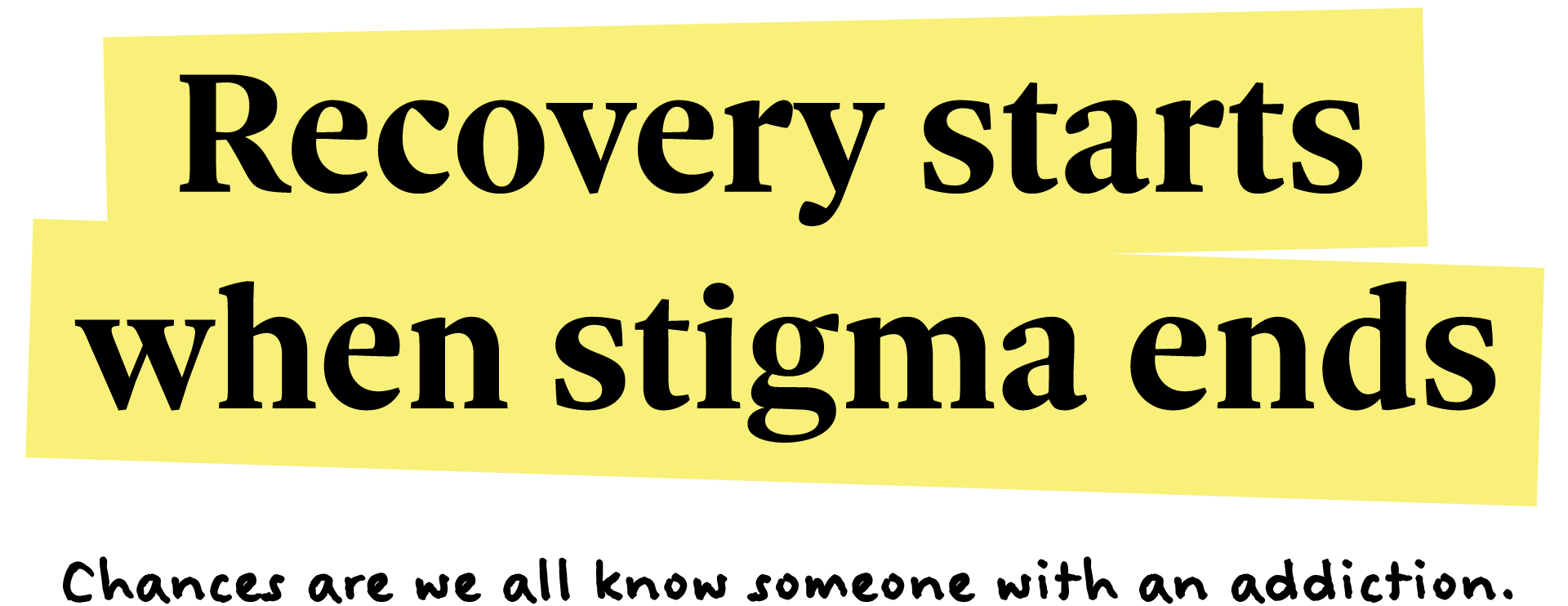Behavioral and Mental Health

Nearly 50 million Americans 12 or older had a substance use disorder in the past year.
That’s one in six of us.
Addiction isn’t a character flaw.
Opioid use disorder and addiction to other substances are medical conditions. A substance use disorder can affect anyone of any age, gender, race, or background. This animated video simply and clearly illustrates the path to addiction.
Many people became addicted to opioids because they were aggressively and unethically marketed by drug companies as safe treatments for pain.
Whatever the substance, these are our neighbors, friends and family members. They deserve compassion, support, and evidence-based treatment to recover and thrive. We all can play an important role.
When we face this together, we take a step toward recovery.
Fentanyl raised the stakes.
The surge in fentanyl, an ultra-potent opioid often mixed into counterfeit pills or party drugs, created an overdose epidemic.
Our community can and must rise to this challenge.
We need to prevent overdoses if we want to help our neighbors recover from opioid use disorder.
Let’s normalize naloxone.
Narcan, the brand name for naloxone spray, can reverse opioid overdoses. Anyone can use it to save a life.
Think of it like a fire extinguisher – we hope we do not have to use it, but we want it nearby if we need it.
We can keep it handy in our homes, businesses, cars and schools. Make it part of your first-aid kit. Learn How to Get Naloxone - Bring Naloxone Home. And download the Opi-Rescue app so you have it when you need it.
Let’s destigmatize substance use disorder.
When we bring opioid use disorder out of the shadows, people will be less likely to use opioids alone, which makes them especially vulnerable to a fatal overdose.
Setbacks are part of the recovery journey. People who have never used opioids before, or who use opioids after a period of nonuse, are especially vulnerable to overdoses.
A substance use disorder is not something to hide, just as we should not be embarrassed about any medical condition that requires treatment and support.
People can and do recover from addiction to opioids and other substances. They can and do go on to live long, healthy, and rewarding lives.
Recovery requires more than just willpower.
Recovery may involve medication to help with cravings and withdrawal. It also may include different forms of therapy.
Evidence-based treatment works. Treatment centers and counselors are a vital part of the solution.
If you’re experiencing an emergency, call 9-1-1.
Find additional resources below:
If you have lost someone to suicide or substance use disorder, support is available.
Resilience 1220 provides counseling for youth ages 12 to 20.
Jefferson Center provides Mental Health, Substance Use, Behavioral Healthcare, and Counseling. Jefferson Center's services foster recovery and resilience in children, adults and families struggling with mental health conditions and substance use disorders.
The 988 Colorado Mental Health Line offers free, confidential support 24/7. Call or text 988 or live chat at 988Colorado.com.
Everyone deserves a healthy and fulfilling life free from addiction.
Recovery requires the support of the entire community. What role will you play?